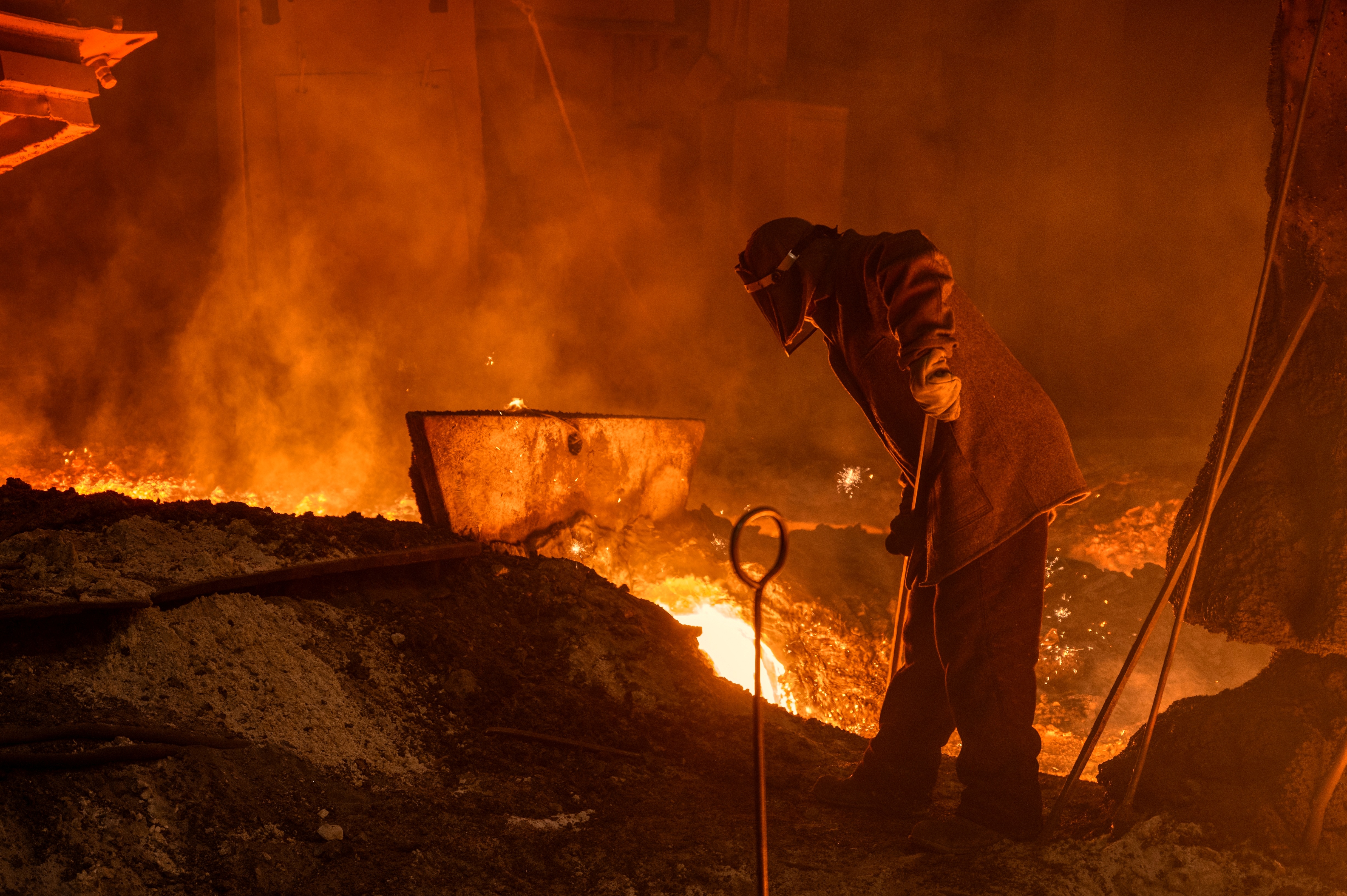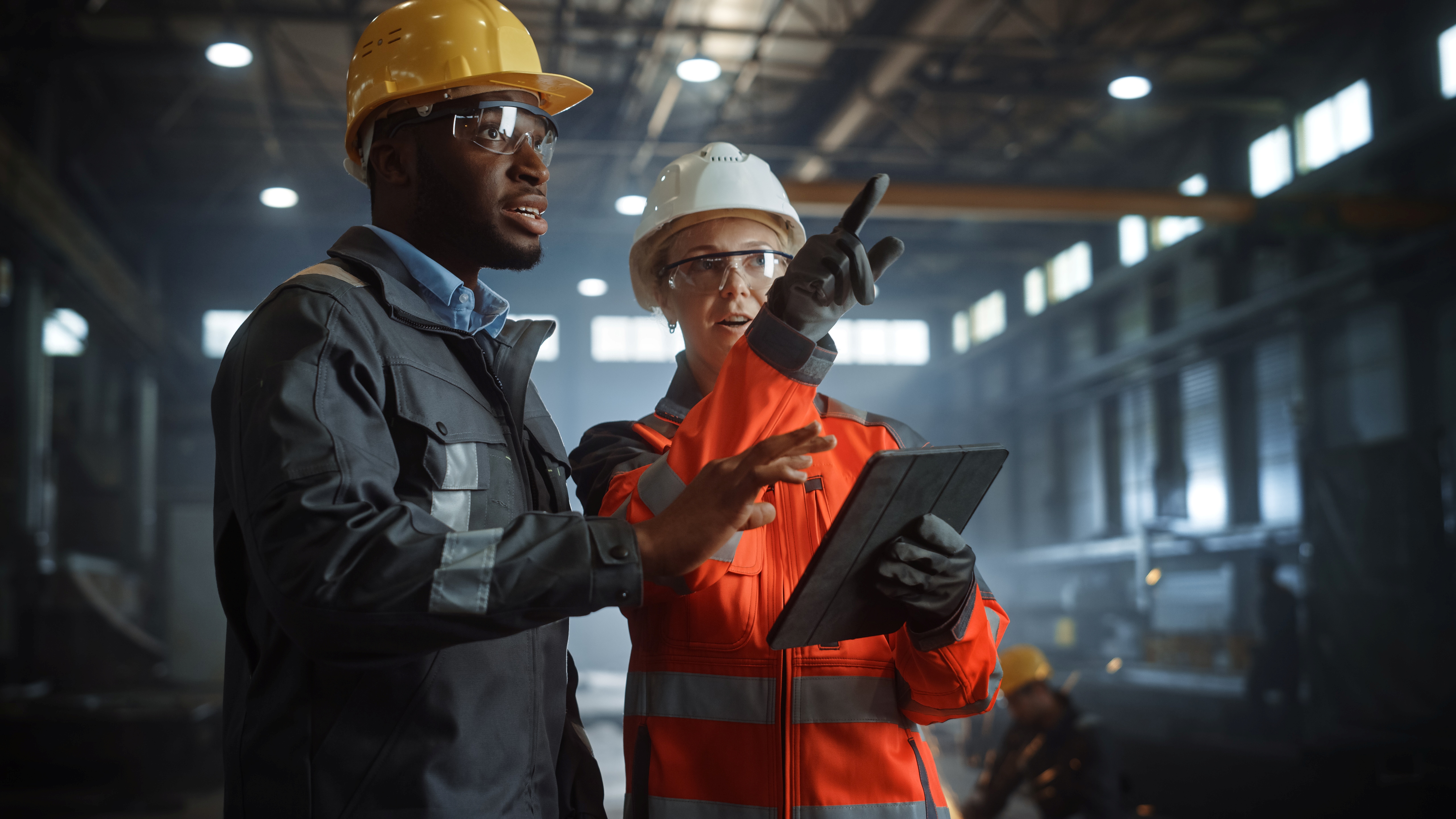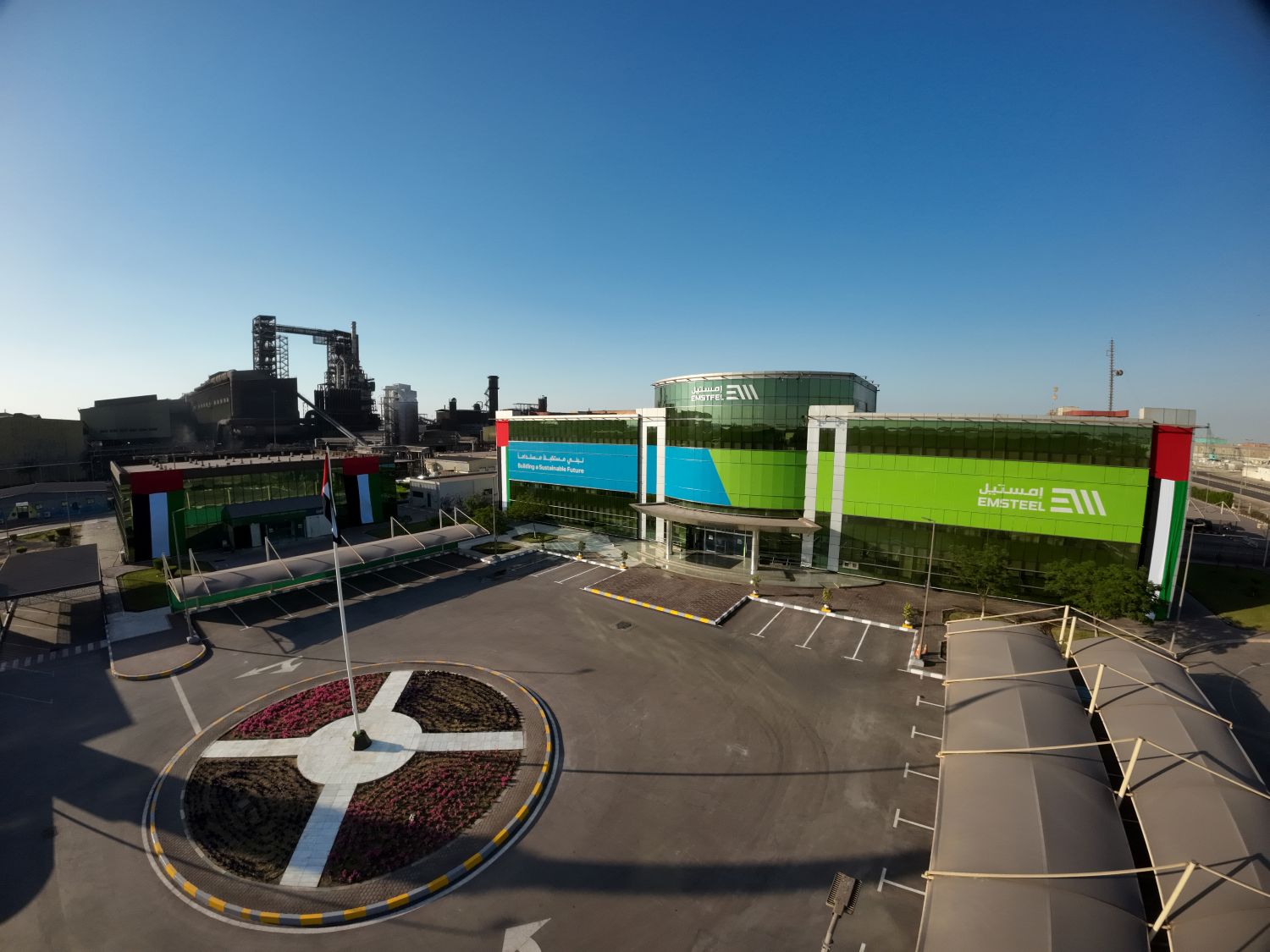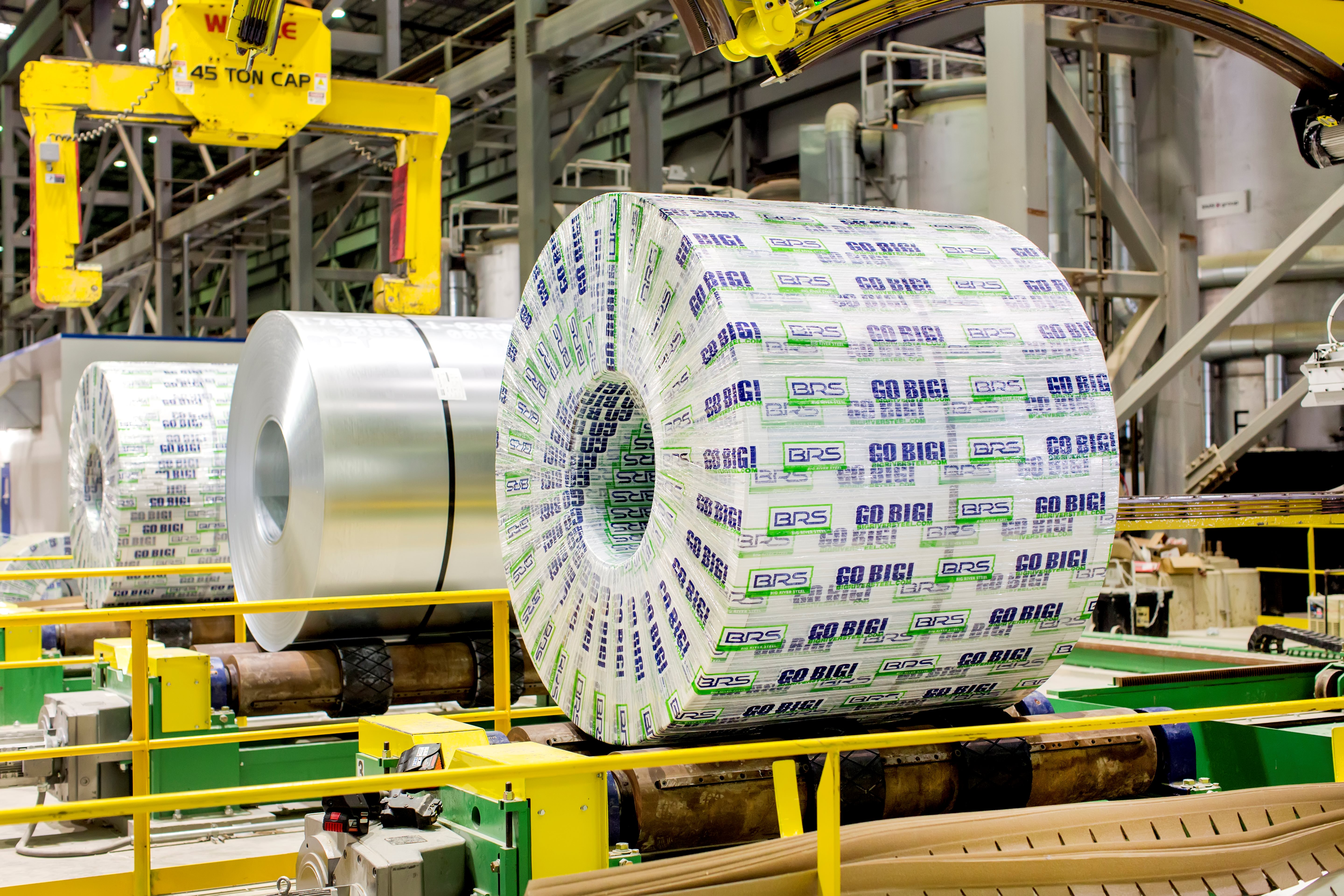

U. S. Steel earns world’s first ever certification for ResponsibleSteel Certified Steel at Big River Steel
The United States Steel Corporation's Big River Steel, located in Osceola, Arkansas, passed a rigorous set of standards in environmental, social, and governance categories that raise the bar for sustainability across the steel supply chain.
U. S. Steel today announced it is the first steel company in the world to qualify to sell its products as ResponsibleSteel Certified Steel at its Big River facility in Osceola, Arkansas. Big River received the first ResponsibleSteel Site Certification in North America in 2022 and is once again at the forefront of innovation by achieving certification for sustainably sourced and manufactured steel.
ResponsibleSteel is the industry’s leading global multi-stakeholder standards body, enabling certification at the site level - and now for the first time steel certification. By meeting the standard for Certified Steel, U. S. Steel’s Big River facility demonstrates its continued commitment to advancing industry sustainability while delivering profitable solutions for stakeholders and benefits for the planet.
“This is an extraordinary accomplishment,” said U. S. Steel President and CEO David B. Burritt. “The rigorous requirements needed for ResponsibleSteel Certified Steel represent a new gold standard for responsible steel manufacturing on a global scale. This certification gives customers and stakeholders confidence that Big River is on the path to near zero and demonstrates that we are using responsible practices across our supply chain. Being the first steel company in the world to achieve ResponsibleSteel Certified Steel demonstrates our strong resolve to build a more sustainable steel industry in the United States and across the world.”
The ResponsibleSteel International Production Standard incorporates environmental, social and governance requirements across its thirteen Principles, which include over 500 criteria for the responsible sourcing and production of steel. Certified Steel requires both Site Certification and additional conformance with two key components: progress on the responsible sourcing of input materials and site-level decarbonisation. ResponsibleSteel Certified Steel provides steel buyers with a consistent assessment of the site’s material sourcing and decarbonisation progress.
By offering Certified Steel, U. S. Steel is demonstrating leadership in enabling steel producers, and suppliers to assess their sustainability progress through a comprehensive, credible global benchmark. The Production Standard is constructed not only to encourage decarbonisation progress at the site but also to drive responsible sourcing and a rigorous supply chain ESG analysis. It fosters tracking and transparency across the steel supply chain from input materials to the product, ensuring that ESG initiatives are integrated at every stage. With four Progress Levels outlined, companies are guided in improving responsible sourcing and decarbonisation until full supply chain transparency and near zero are achieved. U. S. Steel has achieved certification at Progress Level 1 continuing a steadfast commitment to an integrated approach to sustainability.
“ResponsibleSteel employs a comprehensive approach to its certification standards, and that is evident in the work we do here at Big River Steel,” noted Dan Brown, Senior Vice President of Advanced Technology Steelmaking for U. S. Steel and Chief Operating Officer of Big River Steel Works. “Our transparency around decarbonisation and collaborative approach with our suppliers and community all play a role in what it means to have truly ‘sustainable’ steel products for our customers.”
U. S. Steel’s Big River achieved Certified Steel by demonstrating how sustainability permeates throughout the company’s operations. For example, it is more sustainable to obtain the input materials closest to the facility with a known supply chain source. Iron ore pellets are mined and produced at U. S. Steel’s Minnesota Ore Operations, which serve as raw materials for pig iron production at U. S. Steel’s Gary Works in northwest Indiana, which then becomes a key input in the steelmaking process at U. S. Steel’s Big River.
“ResponsibleSteel congratulates U. S. Steel on this significant accomplishment – the first-of-a-kind across the global industry. This certification demonstrates the company’s strong ongoing commitment to transparency, credibility, and responsibility, as they make progress in their decarbonisation plans. Today this news sends a clear message to the market: progress towards responsible ‘green steel’ is being achieved and can be most credibly benchmarked. For those buyers looking to cut through the confusion of environmental claims, look no further,” remarks Annie Heaton, ResponsibleSteel’s CEO. “We look forward to U. S. Steel’s ongoing progress and leadership in the market for credible sustainable steel products.”
Achieving Certified Steel will ensure customers have responsibly sourced and produced steel right here in the USA. Together with ResponsibleSteel, U. S. Steel is creating a more sustainable industry and future for generations to come.
Additional Information
Measured against the global benchmarking system provided by ResponsibleSteel’s International Production Standard, Big River Steel has achieved Decarbonisation Progress Level 1 and Input Materials Progress Level 1, based on the following independently verified information:
· Embodied GHG emissions of crude steel(requirement 10.4): 1.34t CO2e per tonne crude steel
· % scrap content: 57.3%
· Production volume: 2.4mt
---
For more information, please contact:
Savannah Hayes
Communications Manager
shayes@responsiblesteel.org
+44 7588 785909
Click here to view the certificate and public audit summary.
Visit the Climate Group website to watch ResponsibleSteel and U. S. Steel announce the first Certified Steel at Climate Week NYC 2024.
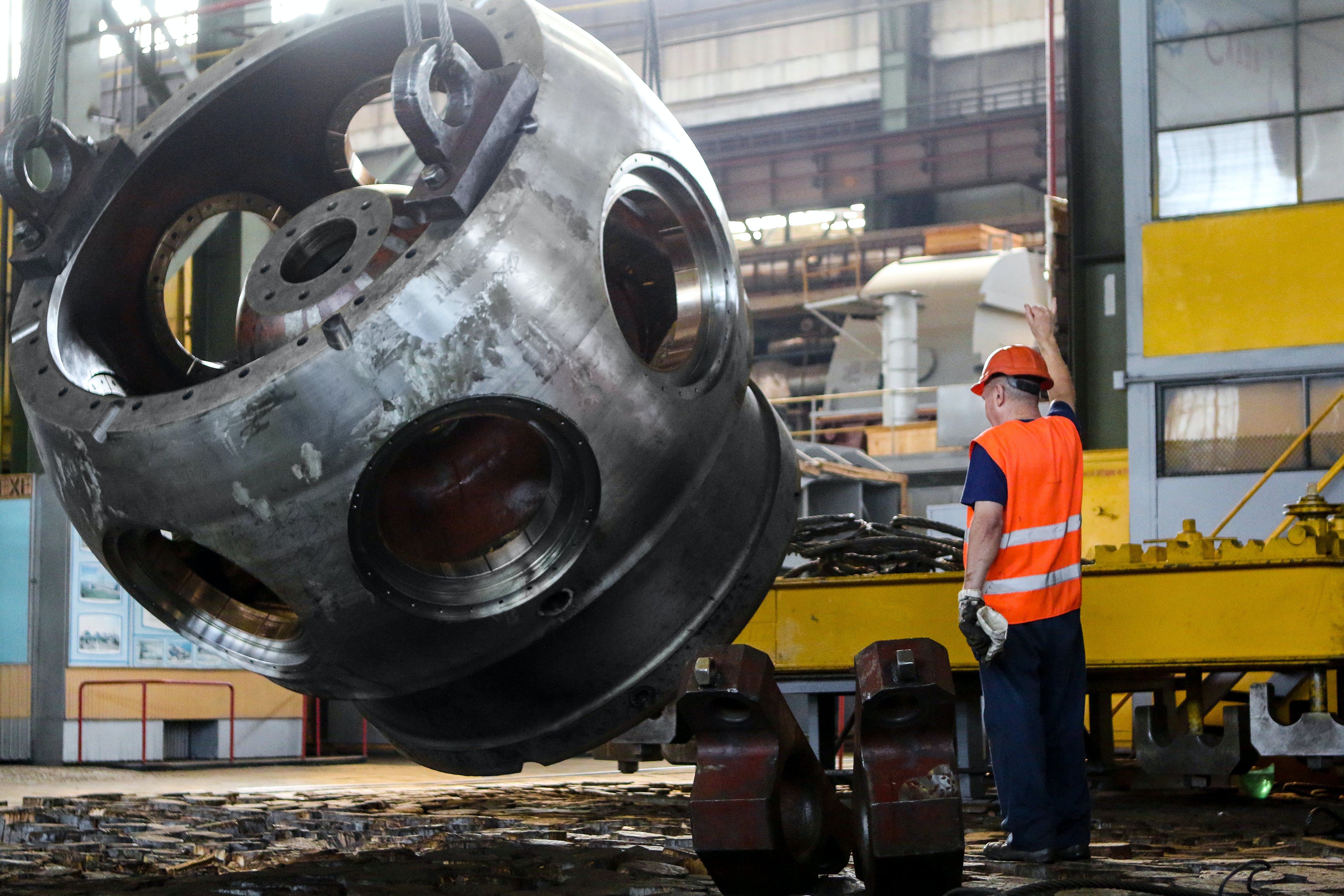

August 2024 Newsletter
As we move toward September, we’re gearing up for an exciting period at ResponsibleSteel. We’re happy to announce our participation in the upcoming India Net-Zero Steel event hosted by SteelZero and later in the month we have a major announcement planned for Climate Week NYC. We hope to see you there. If you’ll be in Mumbai or New York to attend these events and would like to organise a meeting, please get in touch!
In this month's newsletter, you will find key updates including:
- Our newest member
- Upcoming events and webinars
- And more from the team and our partners!
Click here to view ResponsibleSteel's August 2024 newsletter.
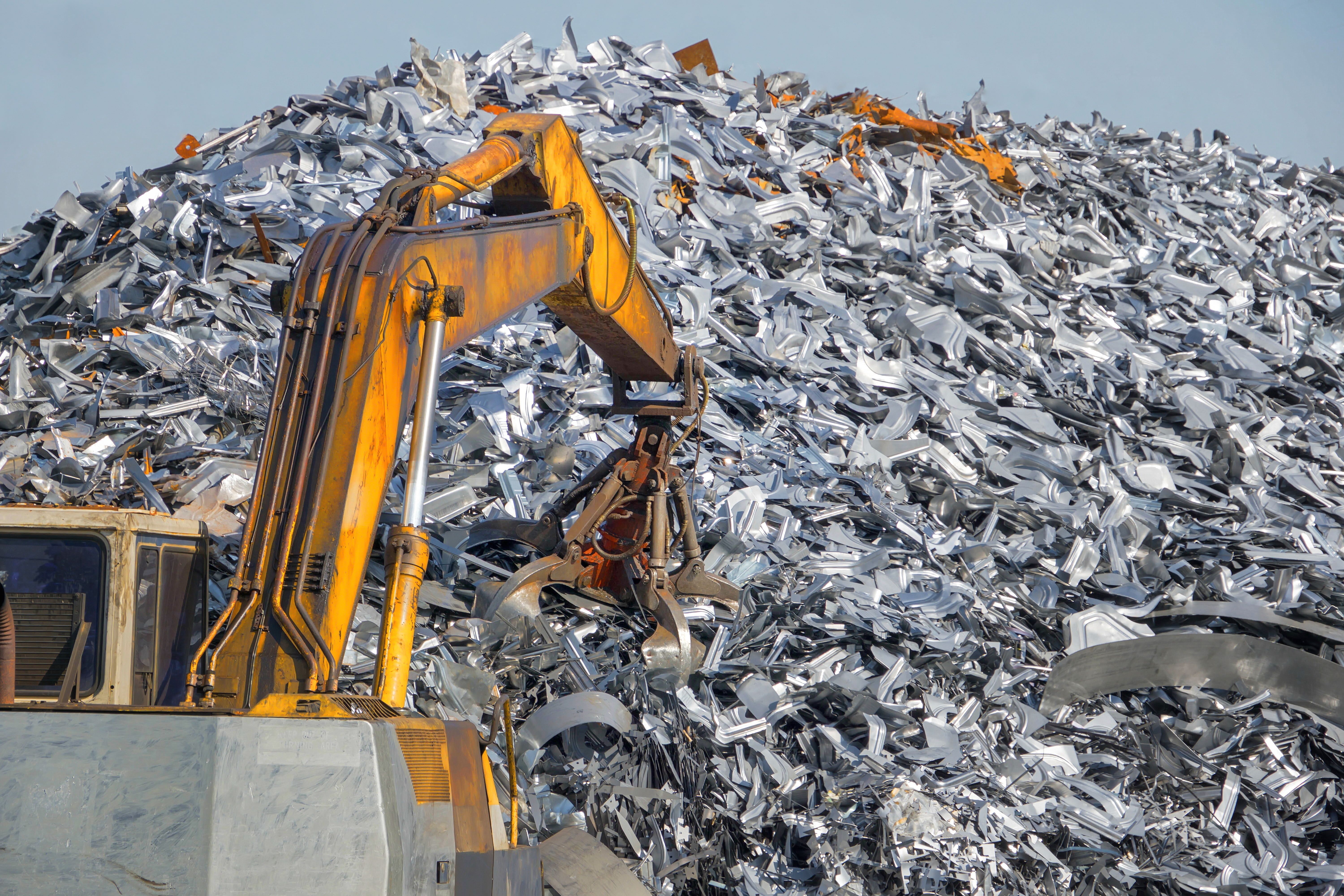

The Roundtable for the Responsible Recycling of Metals: Improving ESG management and performance in metals recycling
By Dave Knight, Convenor, the Roundtable for the Responsible Recycling of Metals
Recycling delivers key socio-economic and environmental benefits but unknown to most are the risks involved when it is not done responsibly.
The Roundtable for the Responsible Recycling of Metals (RRRM), a multi-stakeholder, multi-metal initiative, was set up to support the development of responsible scrap sourcing standards, systems, and tools. For the last 18 months, RRRM overseen by a Steering Group of which ResponsibleSteel is a member, has collaborated with stakeholders across the metals sector to understand and make recommendations to improve ESG management and performance. This process involved running working groups, conducting extensive research, and mapping existing voluntary standards, legislation and industry guidance on metals recycling.
In May, RRRM launched its findings, demonstrating that current approaches are insufficient to ensure recycled metals do not harm people or the environment. The roundtable also published its recommendations and ResponsibleSteel plans to incorporate these into the review of the ResponsibleSteel International Production Standard in 2025.
Steel recycling
Steel has one of the highest recycling rates in the metals industry. Approximately 650 million tonnes of steel scrap feed about 30% of global steel production.
Carbon emissions from secondary steel production using scrap are less than a third of those from primary steel production, which is why companies are increasingly investing in secondary production as part of their decarbonisation strategies. But there are limits to scrap availability. We need to ensure that the scrap available is being responsibly sourced and isn't being displaced to meet the decarbonisation needs of one producer to the detriment of others.
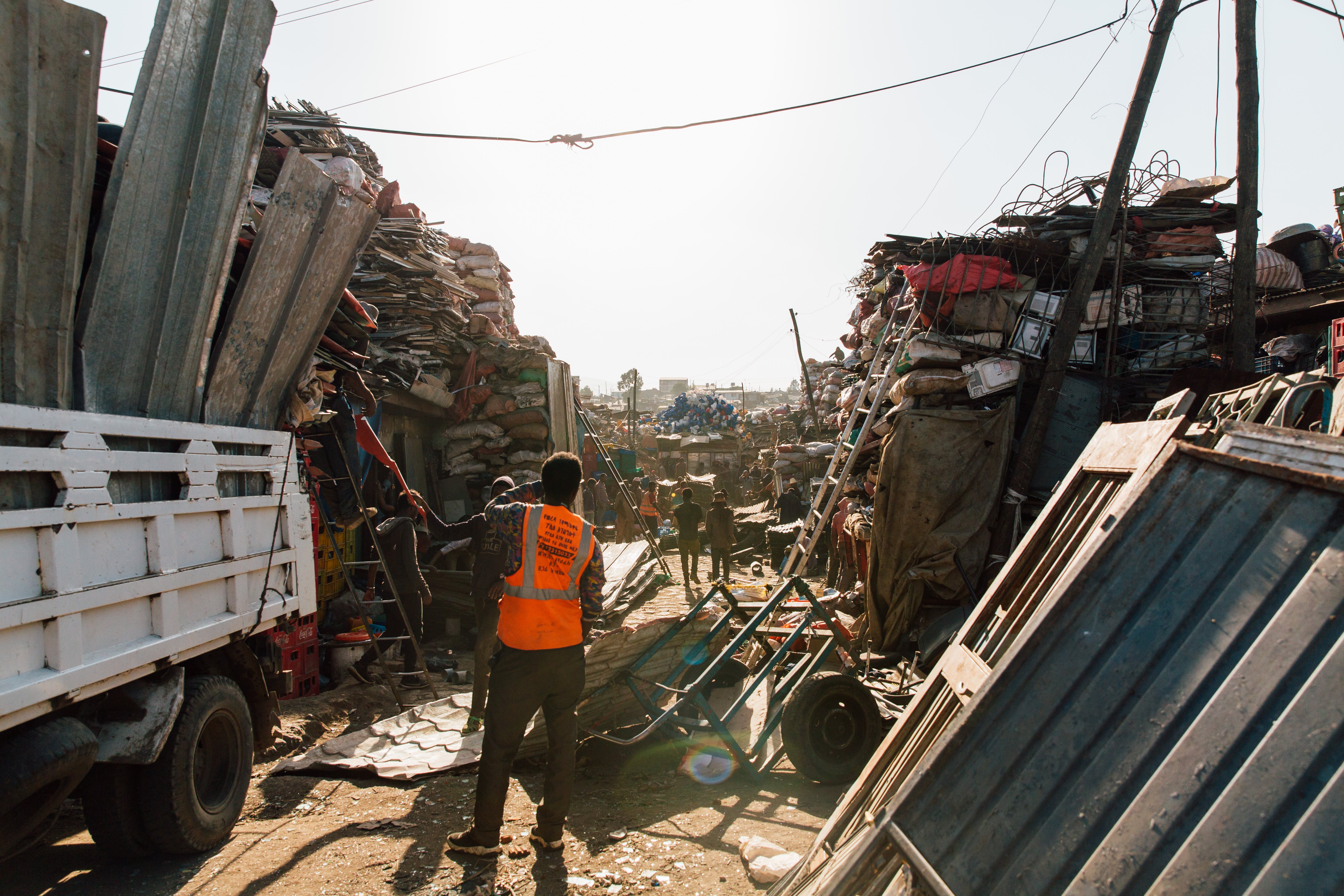
Findings and recommendations
Widely used OECD ‘Due Diligence’ guidance relies on traceability and risk assessment. But traceability in diverse and distributed value chains can be extremely challenging due to the number of actors in the collection and pre-processing sectors. Reaching informal and subsistence collectors and recyclers, where some of the highest risks exist, is particularly hard and traders can be reluctant to disclose sources to maintain commercial interests.
For example, there are hundreds of thousands of people, mainly women and vulnerable groups, working at a subsistence level in the hinterlands of ship recycling facilities, notably in India, Bangladesh and Pakistan. Knowledge of these groups is poor and often overlooked in the downstream value chain. For more distributed post-consumer sources, like white goods or steel within electronics, the International Labour Organisation estimates that approximately 20 million informal workers work as waste collectors and sorters, often in poor conditions. Guidance on labour and human rights needs to be improved and post- and pre-consumer recycled content should be further broken down to help inform scrap sourcing risk profiles.
Improving assurance
The inclusion of recycled metal value chains in assurance processes is the starting point and metal producers should expect increasing focus on the ESG management and performance of these inputs. Legislation and voluntary approaches should be enhanced to include requirements relating to ‘untraceable’ parts of supply chains, recognising the high numbers of smaller-scale formal, informal, and subsistence recyclers. Worker and community engagement and grievance mechanisms, app-based accessible reporting, site sampling in third-party audits, commissioned research and independent surveying of high-risk locations can also be considered.
Policy and market opportunities
Extending producer responsibility legislation across nations would better reach high-risk parts of diverse supply chains. Market platforms and exchanges can strengthen ESG disclosure requirements and differentiate products which demonstrate higher ESG performance.
Furthermore, not all recycling of metals is economic and losses of materials lead to higher ESG risks. For example, the shipbreaking and steel working group found that shipowners get better prices for end-of-life (EOL) vessels broken in poorer conditions. The last beneficial shipowners have a key role to play in recognising this and metal producers should understand the risks associated with these inputs.
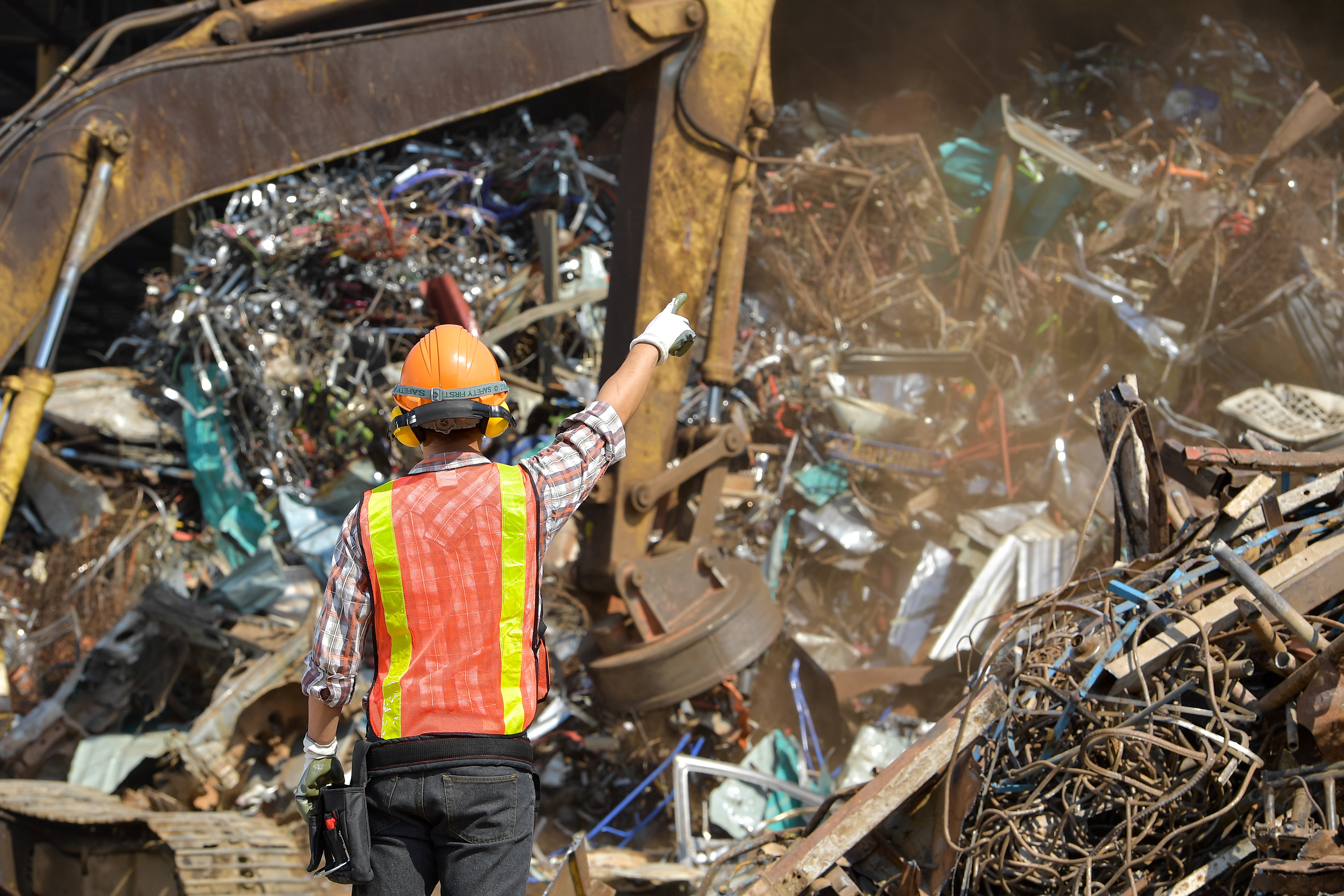
Metal Producers and recyclers
Recyclers should work to improve collection, segregation and sorting practices and the development and transfer of recycling technologies to higher-risk locations. This would help reduce contamination and exposure to hazardous materials as well as help maintain the alloy or grade quality maximising profitability. Producers and recyclers should also collaborate with brands and manufacturers to optimise efficiency and reduce ESG risks across the value chain considering new business models such as metals leasing and service delivery.
Labour, human rights and biodiversity risks are less well covered by industry requirements, guidance and common practice. Third-party audits will place more emphasis on recyclates, on analysing sources from an ESG perspective and will expect metal producers to be able to clearly communicate the boundaries of traceability.
Brands and manufacturers
As responsible sourcing becomes more sophisticated, brands and manufacturers should invest in improved performance at higher-risk locations that represent the ‘untraceable’ part of their supply chains. ‘Book and claim’ systems enable appropriate responsible sourcing claims to be made and can support action in areas which are currently overlooked. Brands and manufacturers should also publish data to better educate consumers, build opportunities for products with higher ESG performance, and improve the transparency of secondary scrap supply chains.
Further information and next steps
ResponsibleSteel recently ran a webinar on the outcomes of the Roundtable, the slides of which can be accessed here. A summary report, a 1-page route map, a risk profile, and three background reports with detailed findings and recommendations are all available on RRRM's website.
Parties interested in collaborating to take forward some of these recommendations should contact Dave Knight.
Images: Shutterstock
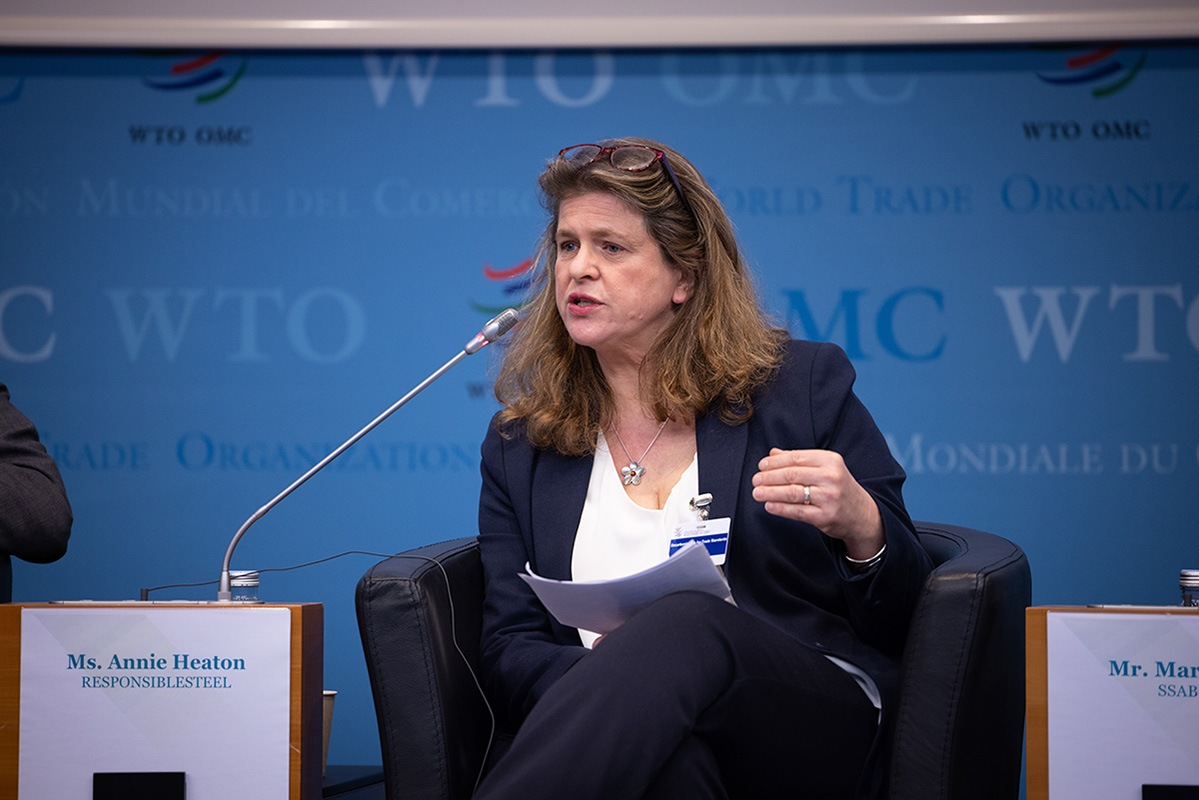

A responsible steel industry requires rigorous certification
Note: This opinion piece was originally published in Business Green.
As the world warms, the search is hotting up for a 'green transition' - shifting the building blocks of the economy onto a sustainable footing. There are many uncertainties around how - and how fast - we can make this happen, but one thing is certain: steel will be at its heart. Whether it is wind turbines or electric cars, buses, trains or bicycles, steel has to be part of the solution.
At present, though, it is also part of the problem. Because much of current steel production is highly polluting, dependent on massive blast furnaces which produce the metal by smelting iron ore with heat generated from burning coal. The sector accounts for around a quarter of all industrial emissions globally; if steel were a country, it would be the fourth biggest emitter on the planet.
Change has to happen - and fast. The International Energy Agency (IEA) has warned the sector as a whole has to cut emissions by 90 per cent by 2050 to keep it in line with global climate goals as set out in the Paris Agreement. Now, a new report from ResponsibleSteel has detailed the speed and scale of the shifts required in the coming years. According to its analysis, every steel plant in the world needs to be emitting less than today's average emissions intensity by 2030. In other words, today's average emitters will become the industry's worst offenders by 2030 - if they do not take steps now to improve.
In this year of elections, it is clear that governments on both sides of the Atlantic are keen to support their domestic steel industries, but also demonstrate they are making progress on the climate front. Meanwhile, major procurers looking to decarbonise their supply chain want action, too. So the search is on for steel which doesn't cause unacceptable environmental impacts.
There is one beguilingly simple answer: make new steel from scrap. This can result in emissions savings of around two-thirds compared to so-called virgin steel. It is also around half the price. Small wonder then that steel producers with access to scrap - or with the purchasing power to gain it - are racing to meet demand.
But as a long-term solution, this leaves much to be desired. For one thing, there simply isn't enough recyclable steel around to meet demand. And the race for scrap risks leaving longer-term solutions, such as systems that use 'green' hydrogen, starved of the investment they need to go to scale.
Any meaningful strategy to decarbonise the sector must combine using all the scrap that is available, with some serious drivers that ensure innovation in primary steel production from iron ore. And that will only come about when the market demands it, and is prepared to pay for it.
But there is another element to the search for sustainable steel: the social and community one. A focus on decarbonisation pure and simple risks leaving people behind - failing to take account of the need for a 'just transition' to a greener future. Threatened closures of relatively high-emitting plants, for example, can destabilise local communities and create huge headaches for governments, as we have seen recently in the UK.
Increasingly, these dilemmas are being recognised by both business and governments, and the search is on for all-round sustainable steel - sustainable environmentally and socially.
But how is that best defined? There's no shortage of 'green steel' labels and initiatives - over 80 at the last count. But their focus - and rigour - vary hugely. Some are global; some regional. Some cover specific steel products; others just company-wide impacts. Most are principally focused on carbon emissions, and don't take into account wider ESG issues such as labour rights, community impacts or biodiversity.
This lack of alignment creates confusion - just at a time when there's increasing impatience with green claims that are not robust. In Europe, the EU's Green Claims Directive is poised to subject businesses found to be making misleading claims to hefty fines and a ban on tendering for public procurement.
Against this background, there's a case for a certification scheme which covers the full spectrum of sustainability impacts - and does so with a rigour that can ensure its credibility. That's where ResponsibleSteel comes in. The result of wide consultations within the industry as well as civil society, its aim is to provide a common language of assessment that steel's customers, communities, investors, and workforce can all get behind.
It uses independent auditors to certify steel production sites, specific steel products, and company-wide impacts, too. It doesn't just assess progress on cutting carbon emissions, but also issues around the local environment and communities, and the way the workforce and supply chain are treated. As a broad-based certification initiative, ResponsibleSteel does seem to be gaining traction: it's been endorsed by the IEA, UNIDO's Industrial Deep Decarbonisation Initiative, as well as the German government and the Chinese Iron and Steel Association.
This is encouraging. But there is no time to lose. The whole sector needs to demonstrate it is shifting - at speed and scale - to steelmaking which protects both communities and the climate, while providing the essential building blocks of a greener future. Transforming the industry will require bold and universal action. No one can sit on the sidelines. Delay is not an option.
By Annie Heaton, CEO, ResponsibleSteel
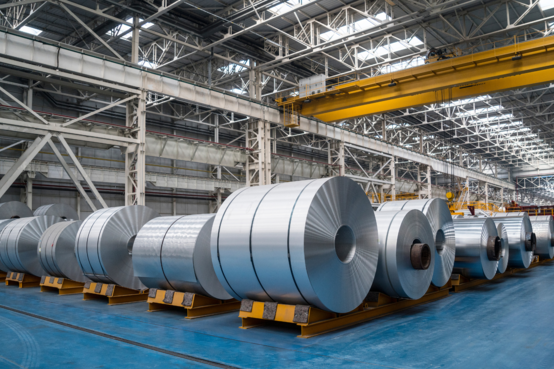

Join us at the India Net Zero Steel Forum
We're excited to be convening a session on standards and certification at the upcoming India Net Zero Steel Forum! The Forum, hosted by Climate Group, will be held on September 2nd in Mumbai.
The steel industry contributes almost 12% to India's total emissions. This forum will bring together steelmakers, buyers, civil society, and government to discuss India's roadmap to a low-emission, sustainable industry.
The day will feature opportunities to network and hear from experts on India's low-emission steel initiatives and how to leverage demand to boost adoption of low-emission steel. Speakers will include representatives from JSW Group, Mahindra Group, Kalyani Steel, Tata Steel, ArcelorMittal Nippon Steel India, TERI, and the Council on Energy, Environment and Water, among others.
Our CEO, Annie Heaton, will be leading a session exploring how standards and certification can:
- Support policy initiatives and the transition to near-zero production
- Drive ambition and transparency in steel manufacturing
- Bring about transformative changes in the upstream supply chain
- Induce trust and compliance in developed and emerging markets
The session will also discuss risks to Indian steelmakers from cross-border emission market mechanisms.
To join us, register your interest here.


Democratic Congressman Ro Khanna introduces the Modern Steel Act using ResponsibleSteel's Progress Level 4 as a benchmark for near-zero steel
On August 9th, Democratic Congressman Ro Khanna introduced a new bill to strengthen the US's domestic steel industry and build new iron and steel sites - the Modern Steel Act.
As our Director of Development and Innovation, Sivakumar Kuppuswamy, commented, “We are delighted by the introduction of the Modern Steel Act 2024, which aims to drive innovation, and the development of near-net-zero steel production. This transformative bill not only promotes innovative practices in near/net-zero steel production but also fosters a collaborative approach to boost job creation and community development. We're encouraged to see the ResponsibleSteel standard referenced as a benchmark for measuring and defining near-zero steel, which will drive meaningful transparency and progress in the sustainability efforts of the steel industry and its stakeholders."
The Modern Steel Act would build new iron and steel sites in deindustrialised towns, bringing a new generation of steelmaking to the US, creating jobs, and increasing US industrial competitiveness.
To achieve these goals, the Modern Steel Act plans to:
- Partner with the steel industry and workers to build new, modern facilities producing near-zero emissions iron and/or steel, using cutting edge technologies like hydrogen direct reduction
- Give priority to existing and legacy steel, iron, coke and coal communities
- Enable production of near-zero emissions iron and steel
- Upgrade existing integrated mills and mini-mills to employ lower-emissions technologies
- Balance supply, strengthen supply chain resilience, and protect health
- Explore demand generation opportunities
- Uphold strong labor standards and train workers to make the steel of the future
- Prioritise projects using domestic content, including all iron, steel, manufactured products, and construction materials from US manufacturers
Learn more about the Modern Steel Act here.
Image credit: Shutterstock


July 2024 Newsletter
Earlier in July we were pleased to announce the release of our 1.5°C pathway report, alongside welcoming new members and celebrating new certifications. Looking ahead to August, we invite you to join our Principle 10 webinar to learn more about our approach to climate change and GHGs. Additionally, ResponsibleSteel will be on the ground at New York Climate Week in September - if you’re attending and would like to meet with us, please get in contact!
In this month's newsletter, you will find key updates including:
- Our latest report
- New members and certifications
- Upcoming webinars
- And more from the team!
Click here to view ResponsibleSteel's July 2024 newsletter.


Member webinar: Understanding ResponsibleSteel's approach to climate change and greenhouse gases
Join us in this webinar to hear more about ResponsibleSteel's approach to tackling climate change and driving down greenhouse gas (GHG) emissions in the steel industry.
The webinar will take place via Microsoft Teams on Friday, August 2nd at 8 am (BST) and will last one hour. A second webinar will be held later in the day at 4 pm (BST) to accommodate other time zones.
Principle 10 of the ResponsibleSteel International Production Standard provides a comprehensive approach for the steel industry to drive down emissions. This webinar will provide members with an essential understanding of Principle 10 and how it can be applied.
Learn more about the Production Standard and Principle 10 here.
If you would like to join this webinar for ResponsibleSteel members, please contact our Head of Membership and Communications, Joe Woodruff.


Member webinar: Hear from the Roundtable on the Responsible Recycling of Metals on their recent findings and recommendations
Join us in this webinar to hear about the recently published findings and recommendations from the Roundtable on the Responsible Recycling of Metals (RRRM).
The webinar will take place via Microsoft Teams on Friday, July 19th at noon (BST).
RRRM is a multi-stakeholder initiative that seeks to ensure there are appropriate standards, systems and tools available for the responsible production and sourcing of recycled metals. The RRRM’s activities are driven by regular roundtable engagement, supported and coordinated by the secretariat and overseen by the Steering Group.
For over a year, RRRM has collaborated with stakeholders across the metals sector to better understand and make recommendations to improve ESG management and performance of recycled metal content and value chains.
The initiative has brought together metals recyclers, industry associations, voluntary sustainability standard setters, certification bodies, academics, NGOs, refiners and others and found that, while recycling delivers key socio-economic and environmental benefits, current approaches are insufficient to ensure recycled metals do not harm people or the environment.
A summary report, a 1-page route map, a risk profile, and three background reports with detailed findings and recommendations are all available on RRRM's website.
If you would like to join this webinar for ResponsibleSteel members, please contact our Head of Membership and Communications, Joe Woodruff.


ArcelorMittal Duisburg earns ResponsibleSteel certification
Following a two-year audit process conducted by GUTcert, ArcelorMittal Duisburg has achieved Core Site Certification against the ResponsibleSteel International Production Standard.
The site has been in operation since the mid-nineteenth century. Today ArcelorMittal Duisburg produces casted blooms and billets for rerolling, rolled billets for rerolling and forging, and wire rod for the automotive, energy and mechanical industries
Nico Dewachtere, Chief Operating Officer at ArcelorMittal Europe - Long Products, commented, “Achieving ResponsibleSteel certification is not only a milestone, but reflects our shared values and commitment to sustainability, integrity and responsible practices. It is our promise to the environment, to our communities and to future generations.”

ArcelorMittal Duisburg employs almost 1,000 workers and contractors. As part of the audit, 30 workers were interviewed as well as representatives from local authorities, NGOs, marginalised groups, and other stakeholders.
Annie Heaton, CEO of ResponsibleSteel stated, “We congratulate ArcelorMittal Duisburg on achieving this important step in their sustainability journey. The ResponsibleSteel International Production Standard covers the full spectrum of ESG issues from labour rights and health and safety to emissions reduction and water and waste management, providing the fullest picture of sustainability. Site certification comes with a clear commitment from the sites’ management team to making progress in line with the Standard, in particular on the social pillar. And as ArcelorMittal Duisburg looks to the future with the construction of its new EAF, we look forward to continuing to work with the site and support their progress on the journey toward lower emissions steel.”
The site has aligned itself with ArcelorMittal's corporate GHG target to reduce scope 1 and scope 2 emissions by 35% across European operations by 2030 against a 2019 baseline.
ArcelorMittal has plans to construct an EAF at the Duisburg site, which will be supplied with low-emission sponge iron from ArcelorMittal's Hamburg site. This will allow the transition of the Duisburg site away from production using blast furnace-based pig iron to the DRI-EAF production route.
Dr Cem Kurutas, Chief Executive Officer of ArcelorMittal Duisburg, praised the commitment of all involved in the certification process, saying, “I would like to express my sincere thanks to everyone who contributed to this success. To the project managers who drove the project forward with their vision and expertise, to the teams who worked tirelessly day in, day out, and to all the employees whose dedication and hard work made this possible.”
View the certificate and read the public audit summary here.


New report provides a comprehensive framework for charting the steel industry’s progress to 1.5°C
Leading steelmakers globally are beginning to take steps to decarbonise and low emissions steel options are emerging on the market. But new analysis from ResponsibleSteel demonstrates that radical shifts to reduce emissions by a select number of industry leaders or “first movers” will not be sufficient. The entire steel industry needs to take immediate action to make progress on the journey to net zero. And this progress needs to be mapped out in a universal language.
Today, ResponsibleSteel unveils a landmark report, "Charting Progress to 1.5°C through Certification." Using two base scenarios – the International Energy Agency’s (IEA) Net Zero Emissions by 2050, and the Mission Possible Partnership’s (MPP) Carbon Cost – the report offers a detailed mapping of the progress needed for the global steel industry to achieve climate commitments under the Paris Agreement. The report was reviewed in-depth by representatives from the IEA, the Energy Transitions Commission and Systemiq, and has been endorsed by industry, civil society and intergovernmental organisations including the OECD, Baowu Group, the Climate Group, and Lendlease.
According to the analysis, for the industry to meet its Paris Agreement obligations every steel plant in the world needs to be emitting less than today’s average emissions intensity by 2030. In other words, following a 1.5°C trajectory, today’s average emitters will become the industry’s worst offenders by 2030 if they do not take steps now to improve.
Annie Heaton, ResponsibleSteel’s CEO stated, “Transforming the steel industry will require bold and universal action. No one can sit on the sidelines. Our analysis shows how certification can be used both to plan and to track the progress of every site on an equitable basis. Those who are not certified cannot be tracked.”
The ResponsibleSteel International Production Standard is a powerful tool for steelmakers, policymakers, financial institutions, trade organisations, and campaigners, to track and drive the industry’s transition at pace and scale. The Production Standard’s Decarbonisation Progress Levels provide an internationally consistent framework that enables a like-for-like comparison of steel plants globally and incentivises all steelmakers to invest in decarbonised production processes whilst operating in a socially and environmentally responsible way at the same time.
ResponsibleSteel’s analysis of six key steelmaking regions clearly illustrates that there is a pathway for every part of the industry. Regional conditions such as scrap availability, natural resource endowments, climate policies, and available finance will likely impact the speed and nature of industrial change, but there is no room for inaction.
Furthermore, steelmakers must start to look beyond their physical site boundaries. Indirect supply chain-related emissions could make up about one-third of total average sectoral emissions by 2050, so reducing these will prove critical to the steel industry’s transition.
Ms Heaton continued, “ResponsibleSteel provides a trusted apparatus for measuring, comparing, and certifying progress in driving down emissions that steelmakers, buyers, investors, and policymakers can all get behind.”
Read the full report and interactive summary here.


June 2024 Newsletter
We have a lot coming up for members to get involved in, starting with a webinar on July 5th on our important upcoming report, 'Charting Progress to 1.5°C through Certification.' Later in July, we'll be hosting a webinar alongside the Roundtable for the Responsible Recycling of Metals following the launch of their findings in May. We're also asking members and stakeholders to support us on two projects, a new High Alloy and Stainless Steel (HASS) Working Group and a consultation on the recognition assessment for the Copper Mark. Make sure to get involved!
In this month's newsletter, you will find key updates including:
- ResponsibleSteel's first certification in Italy
- Upcoming ResponsibleSteel webinars
- New HASS working group
- Public consultation on the recognition of Copper Mark
- And more!
Click here to view ResponsibleSteel's June 2024 newsletter.

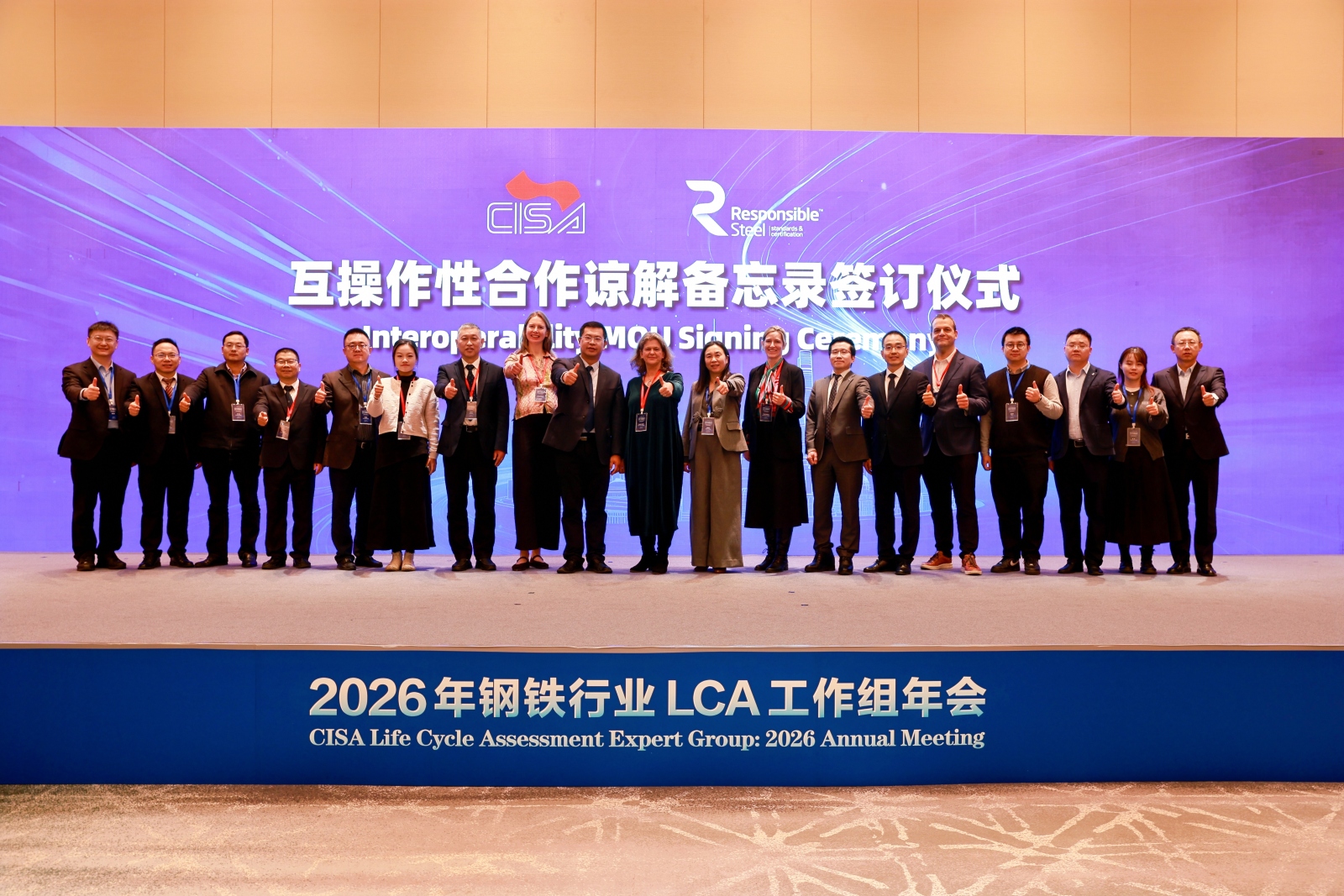

.jpg)
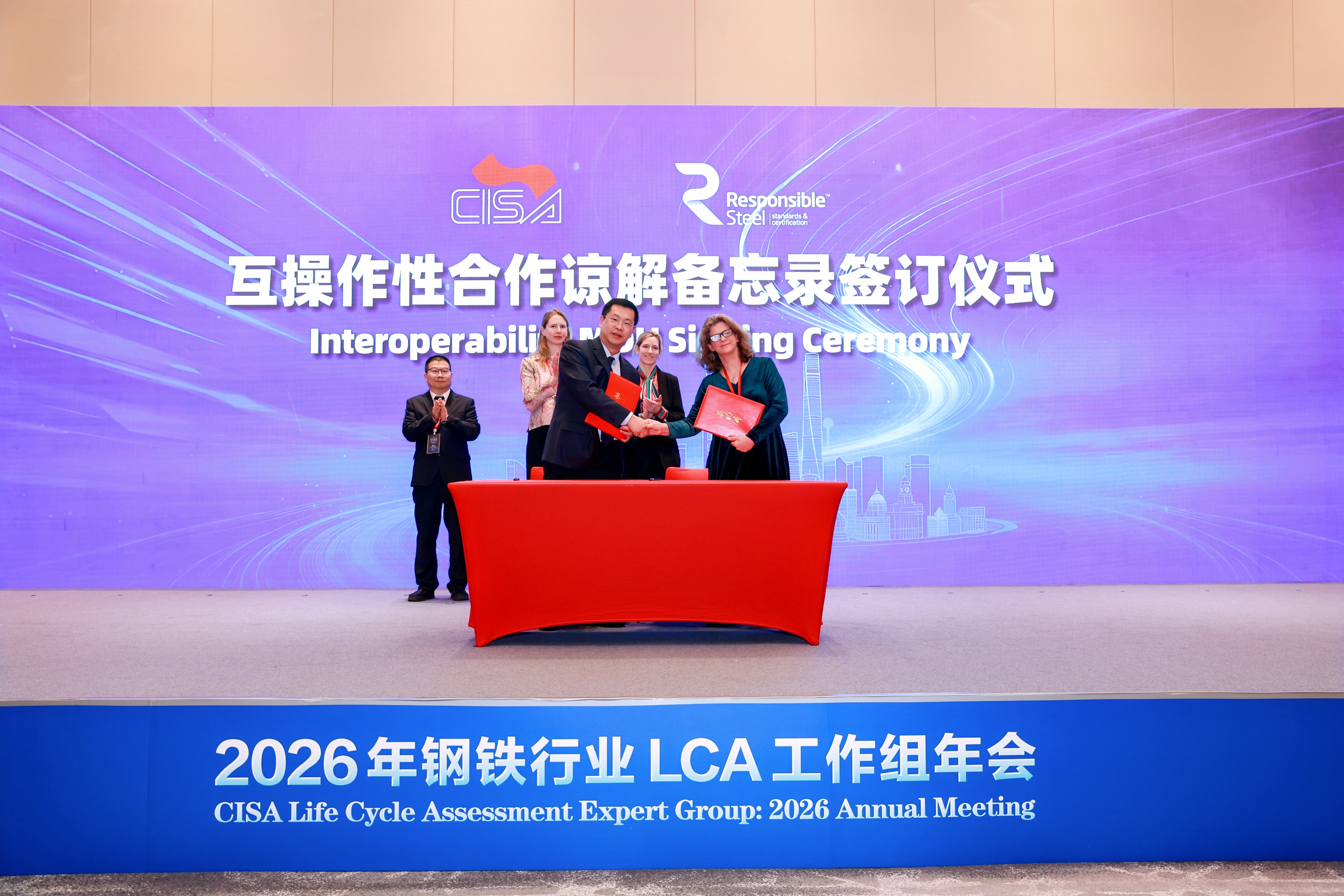
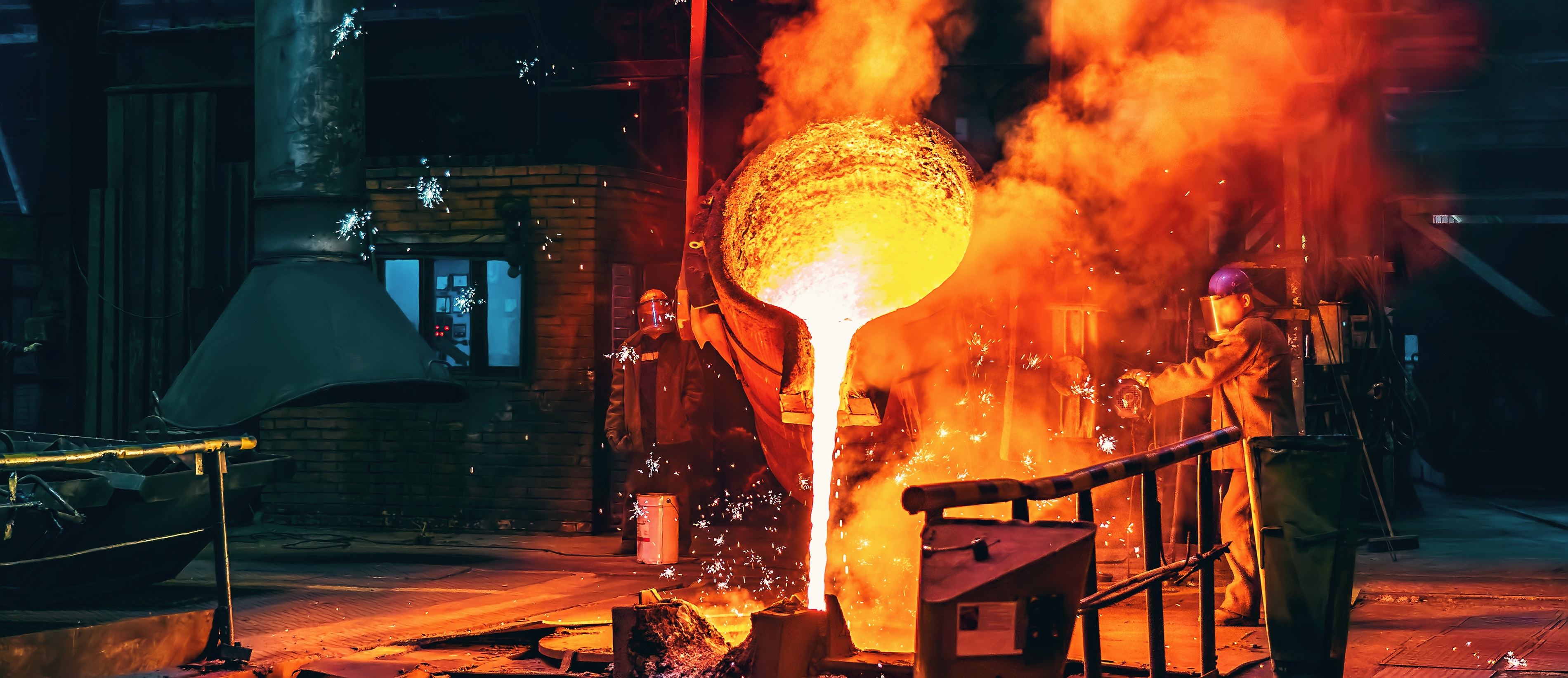

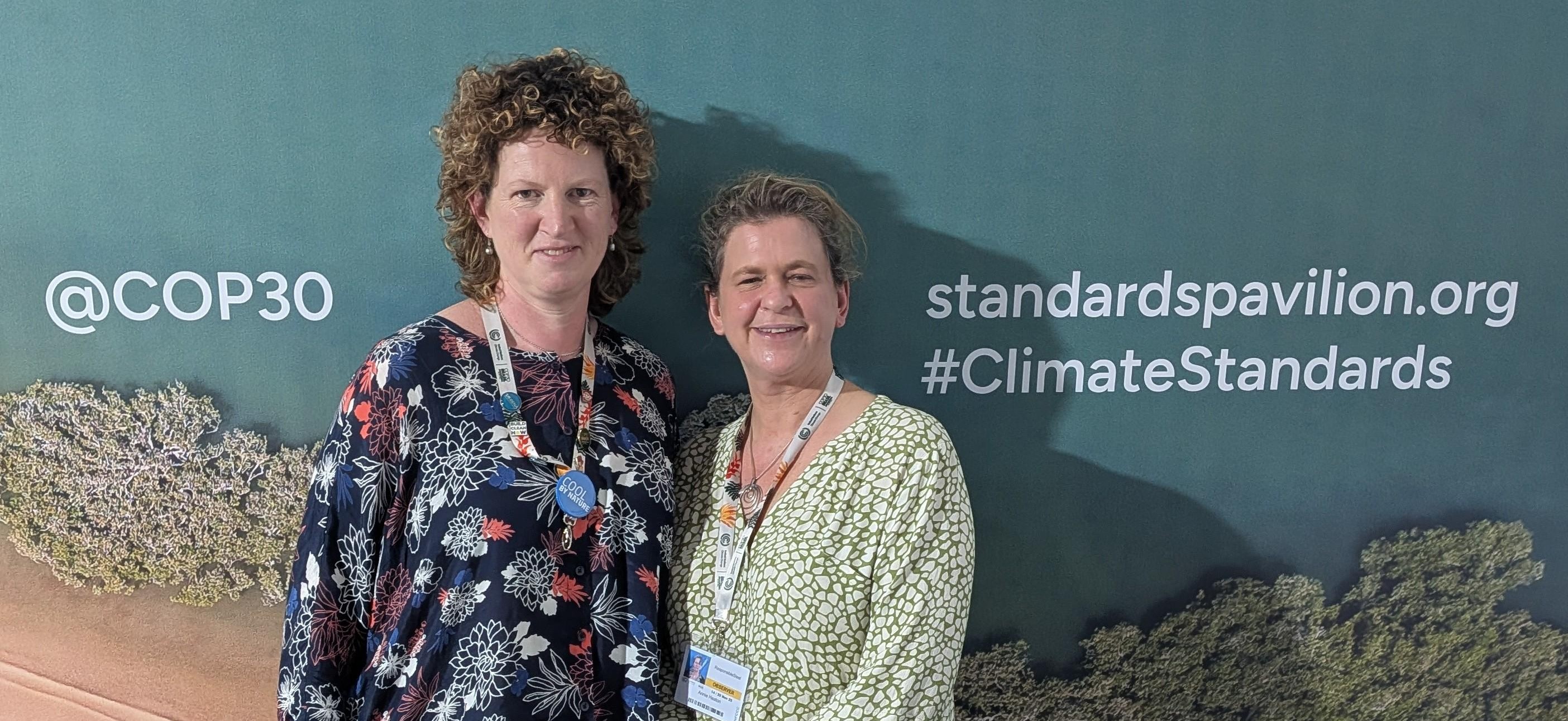
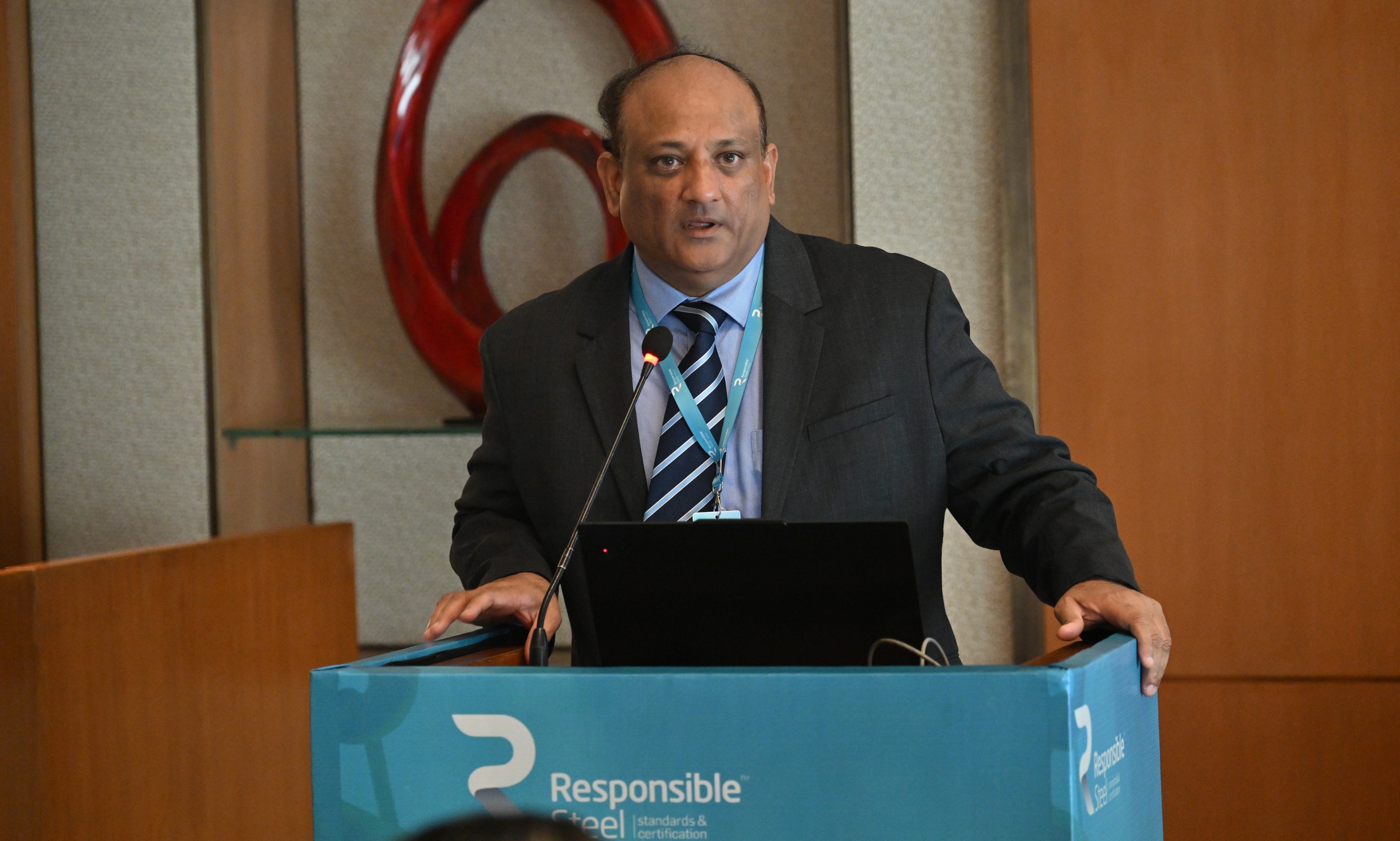
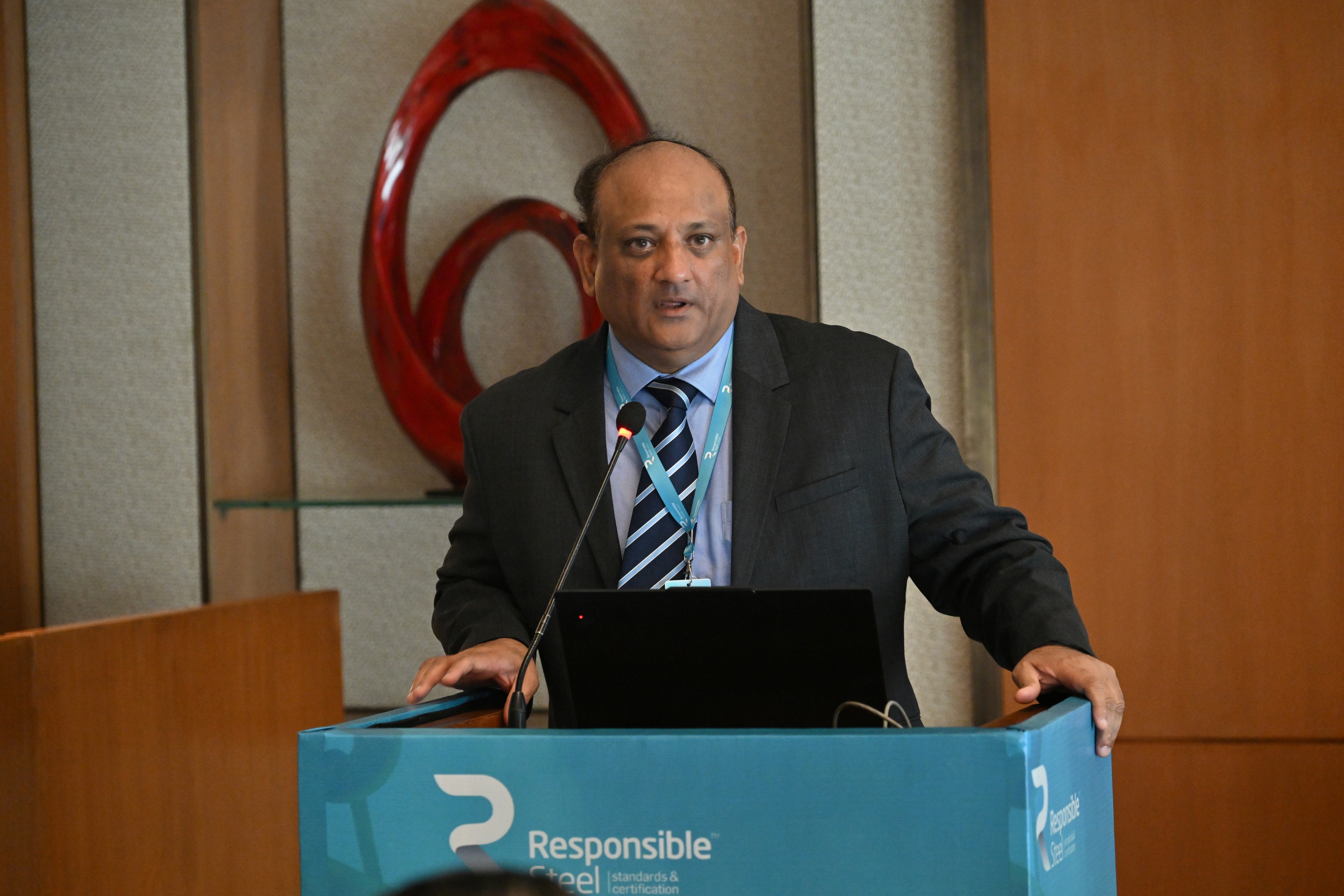
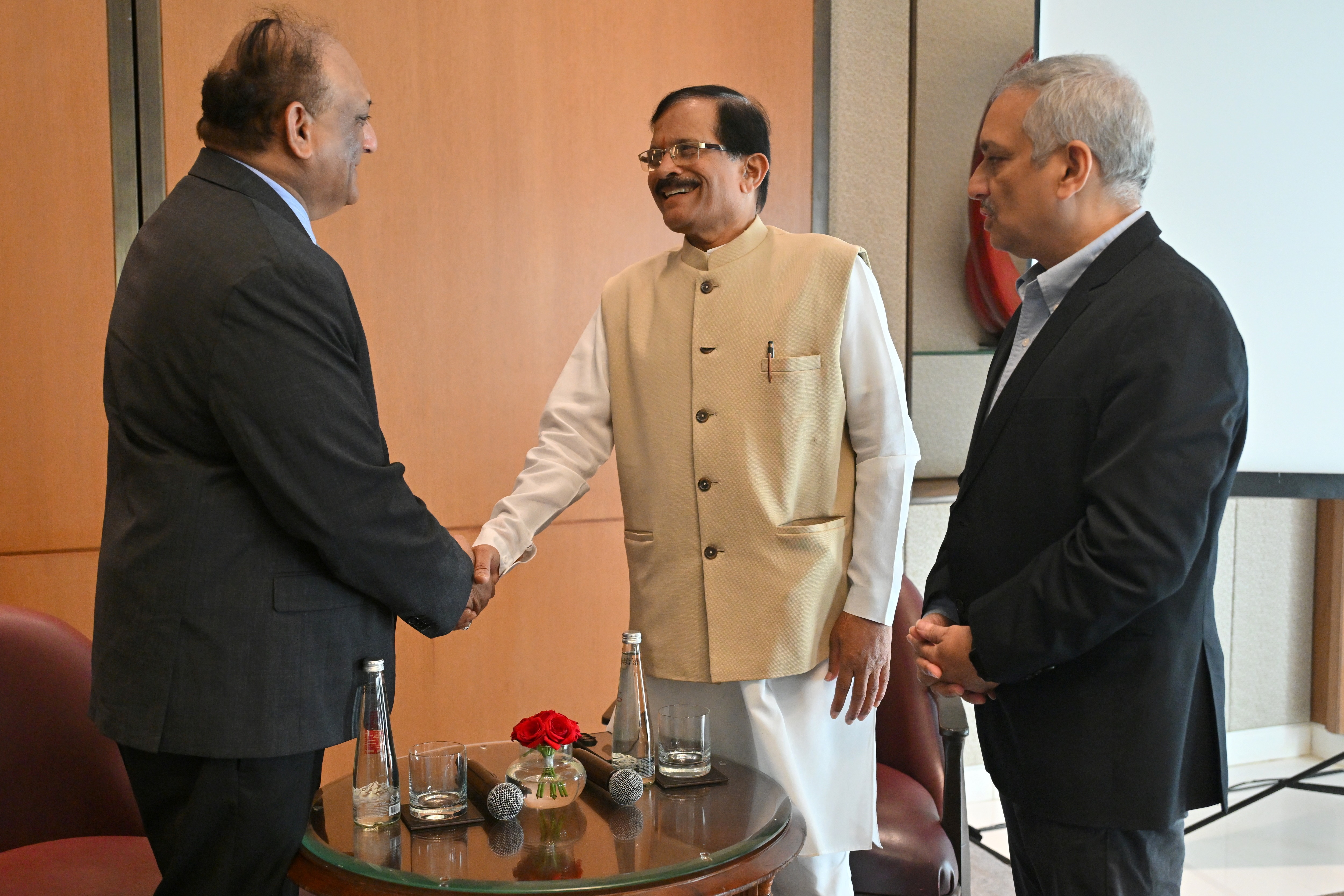
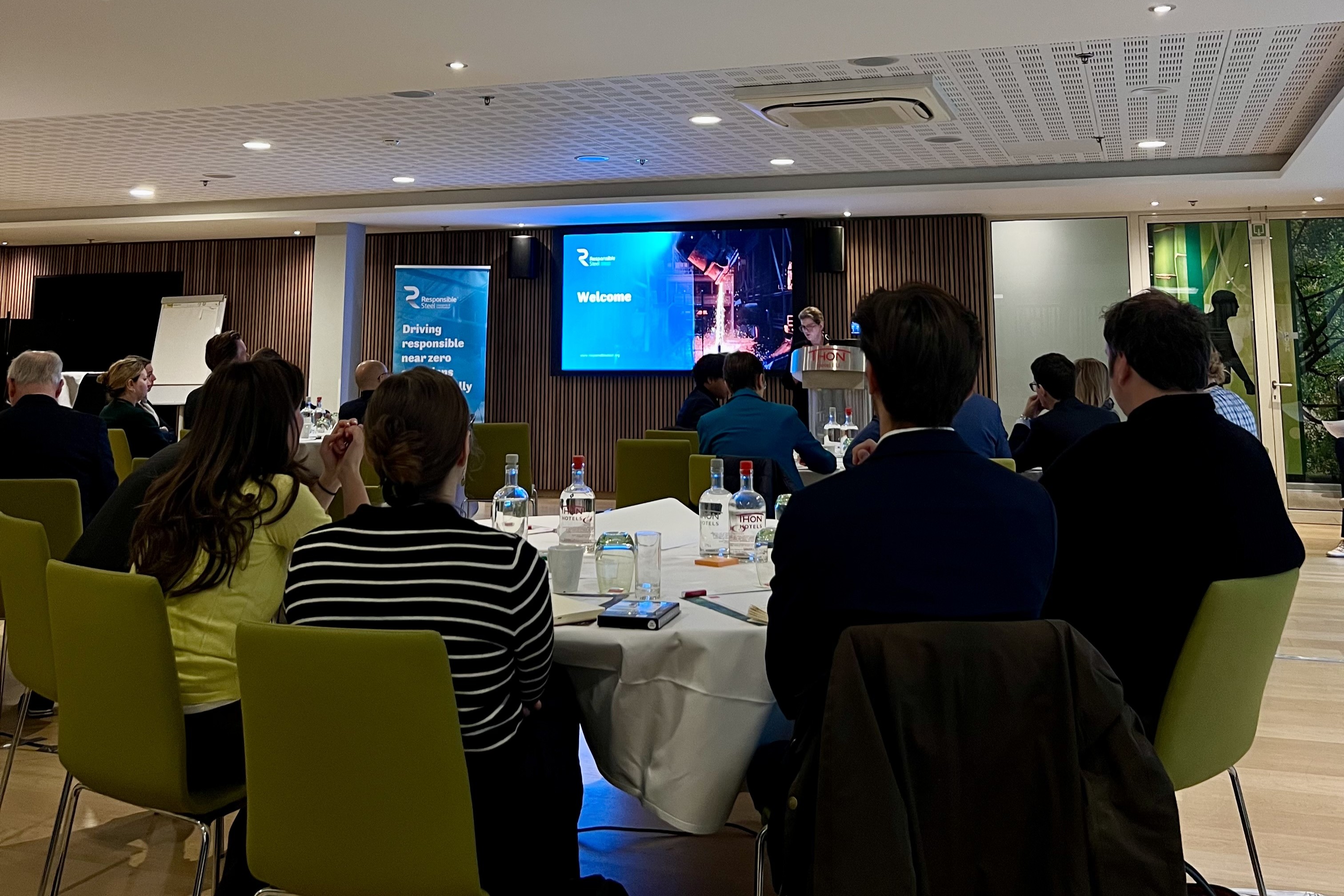
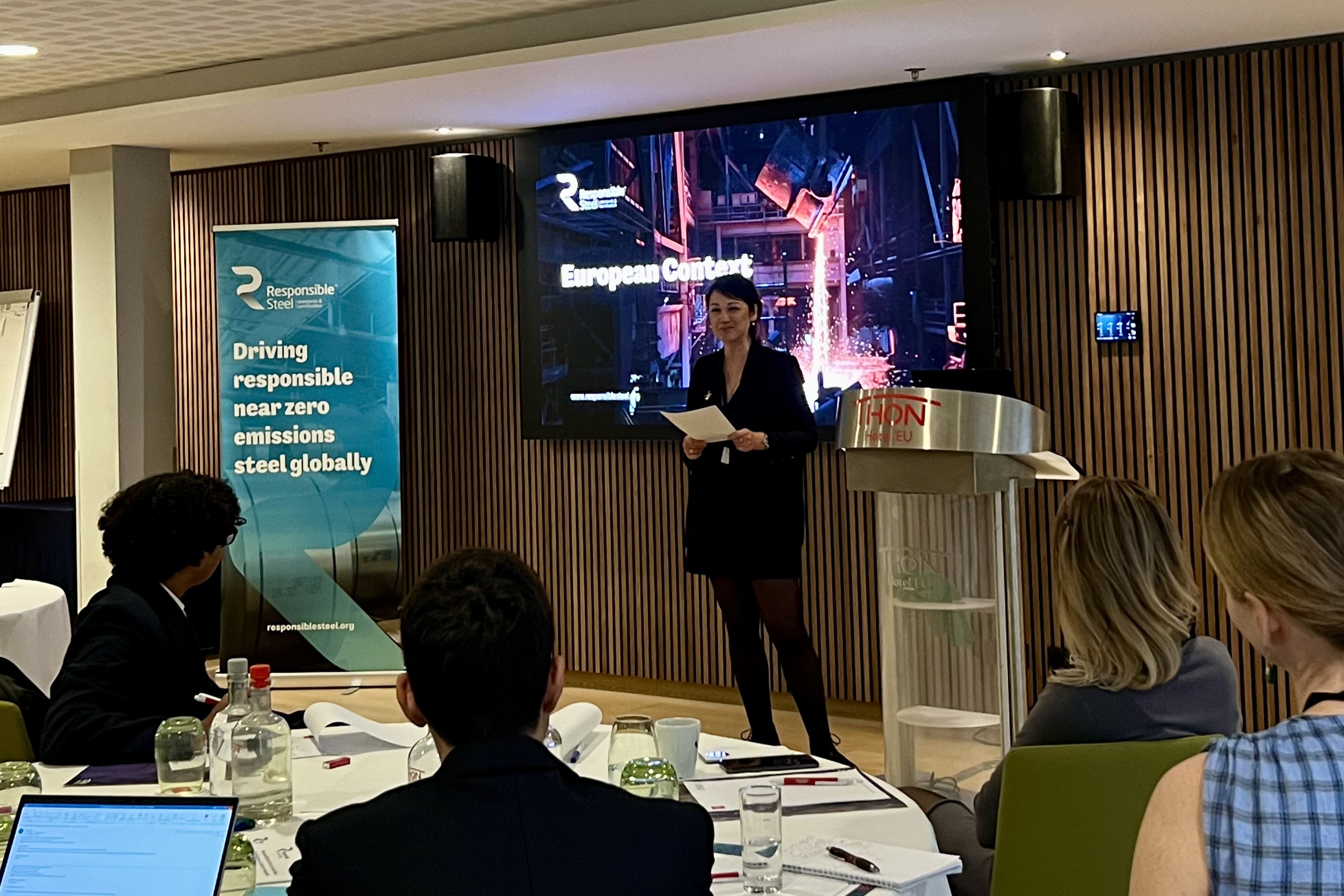
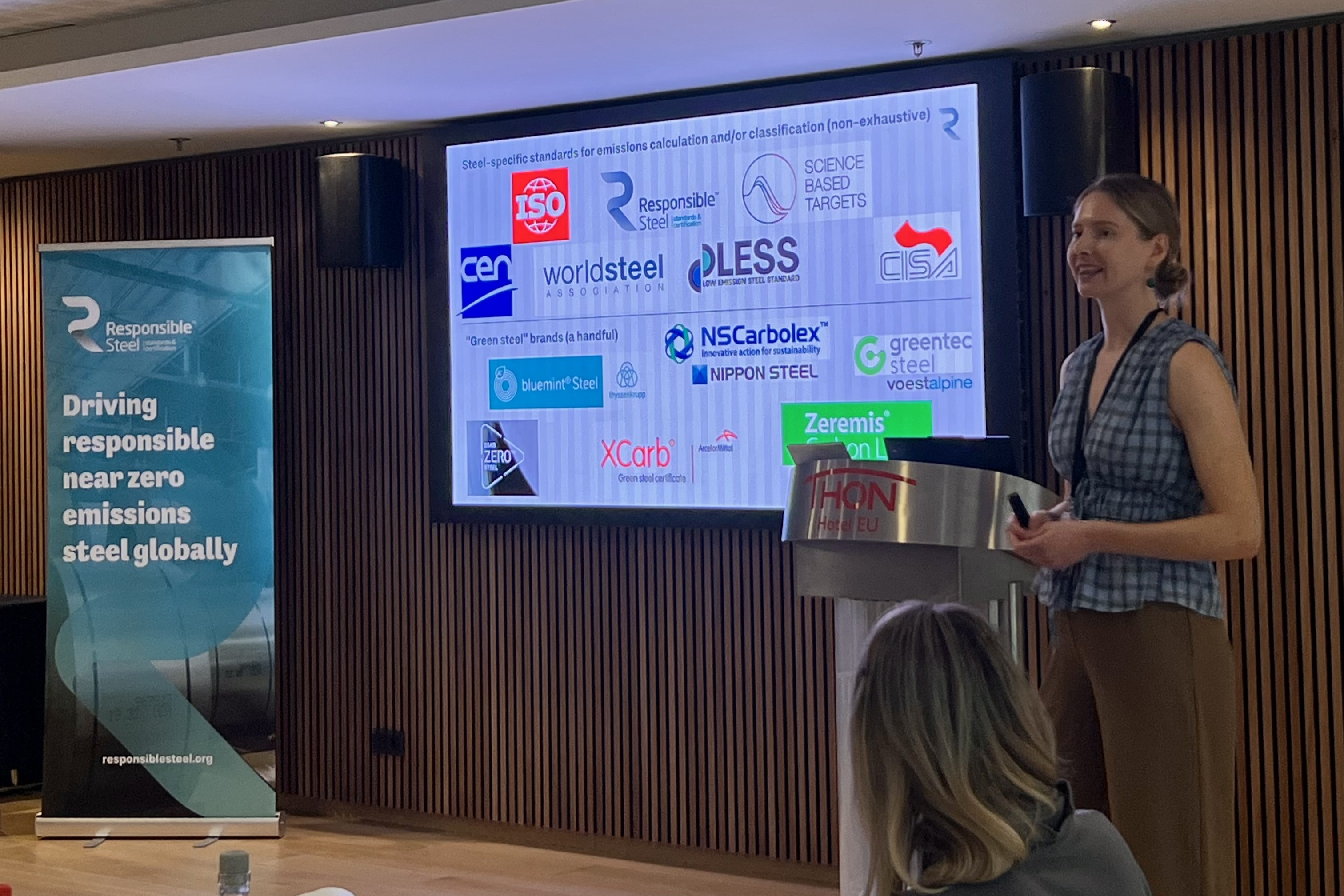
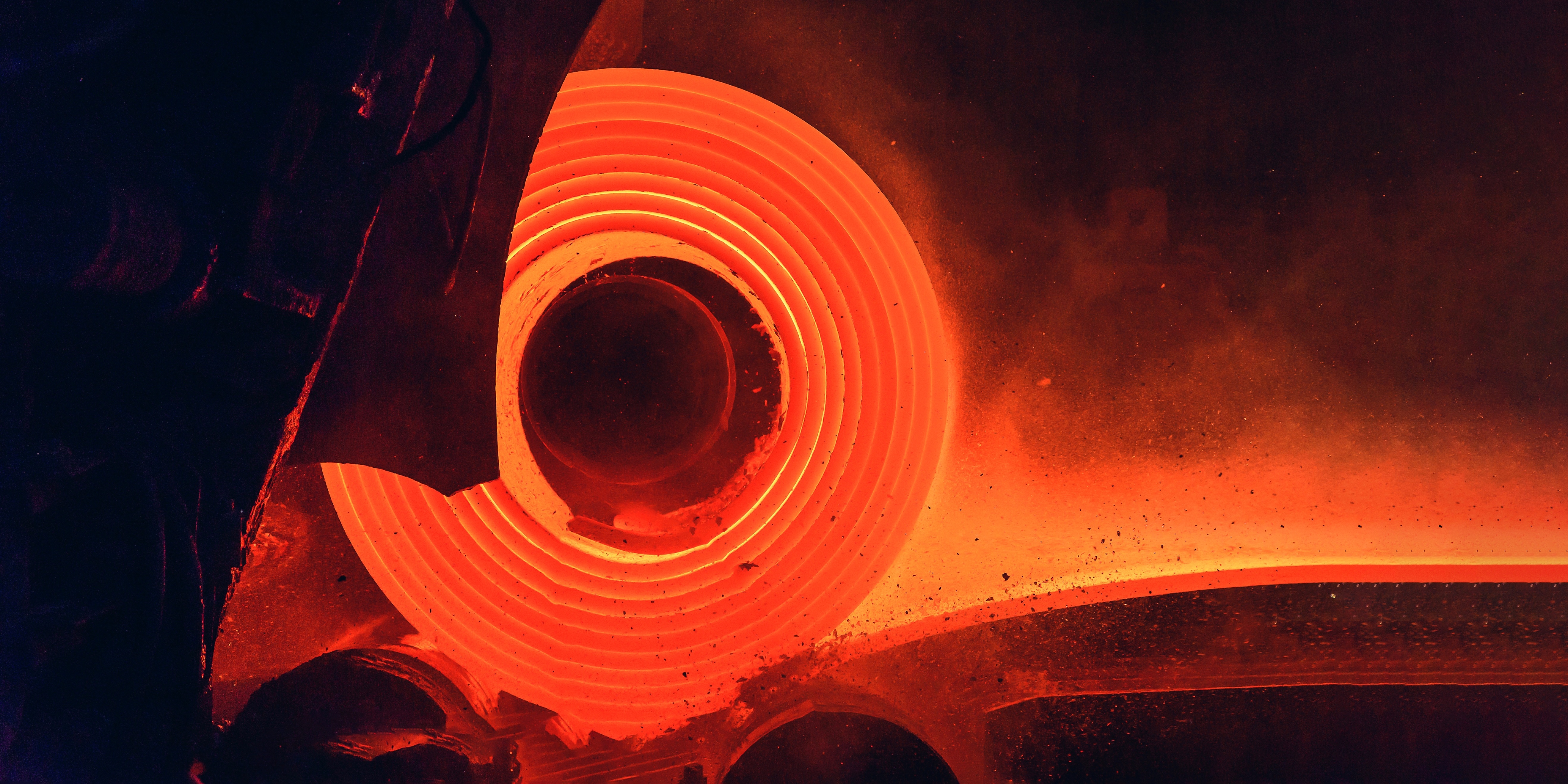
.png)
